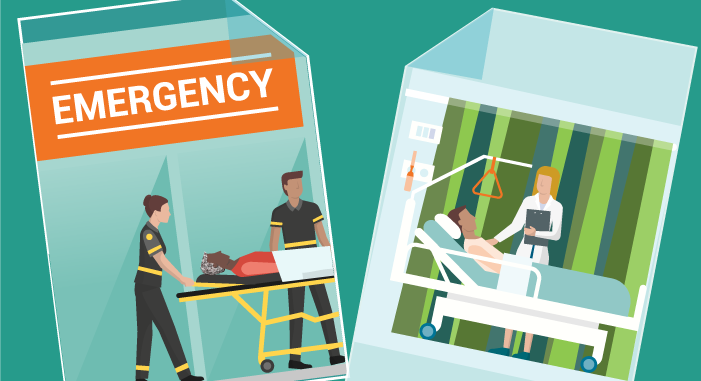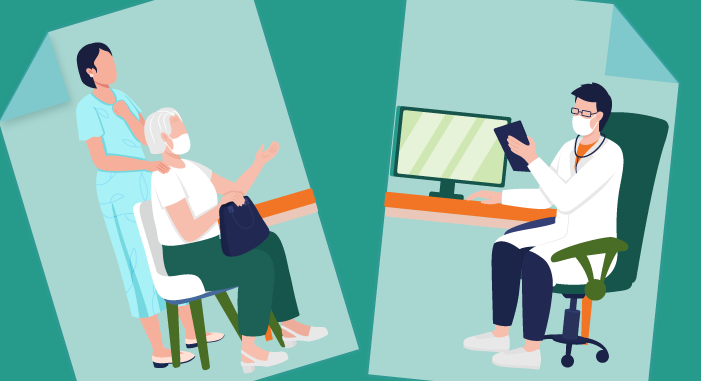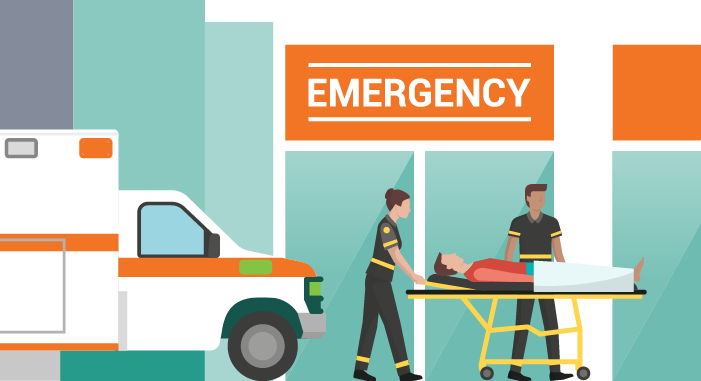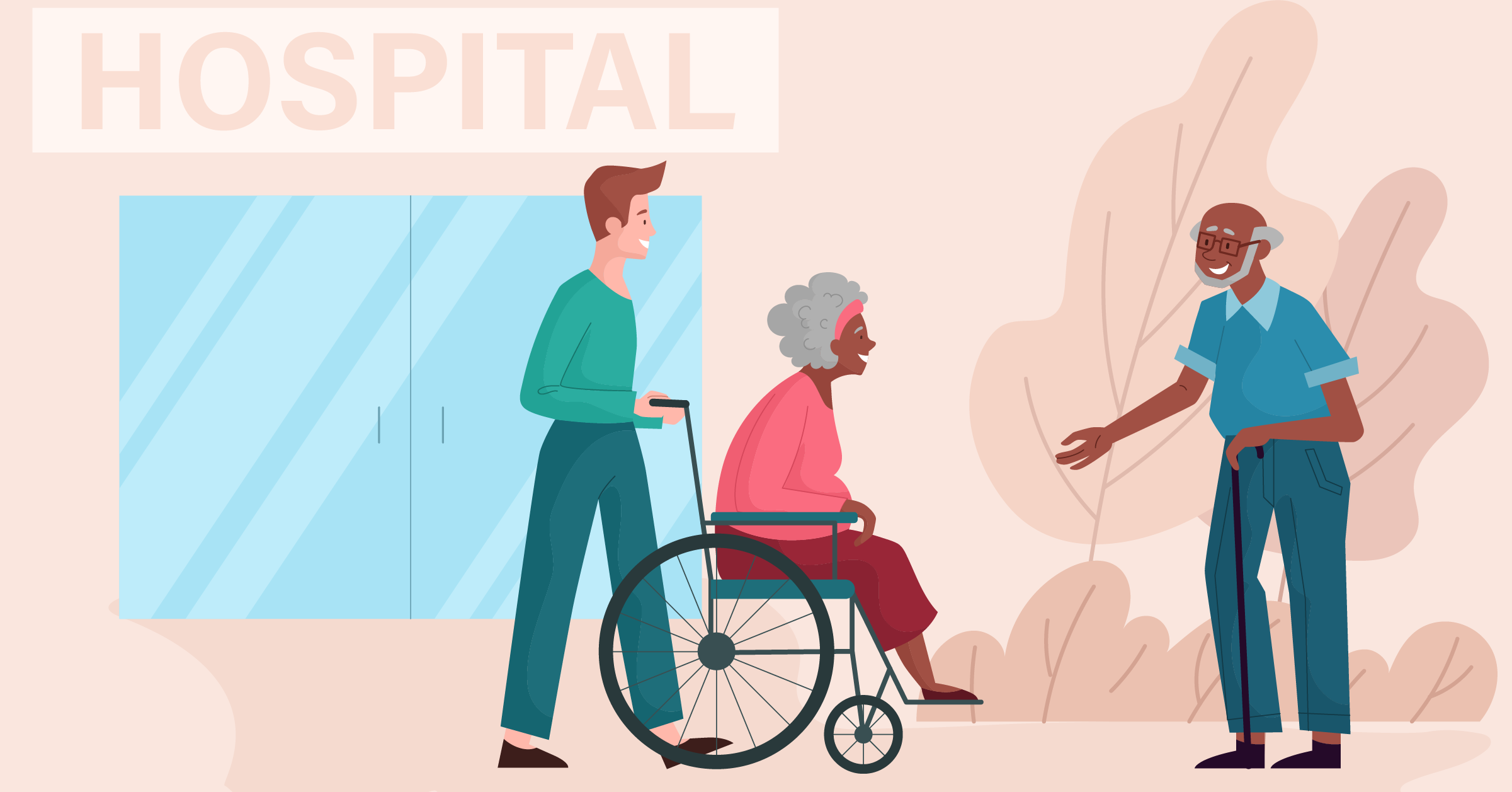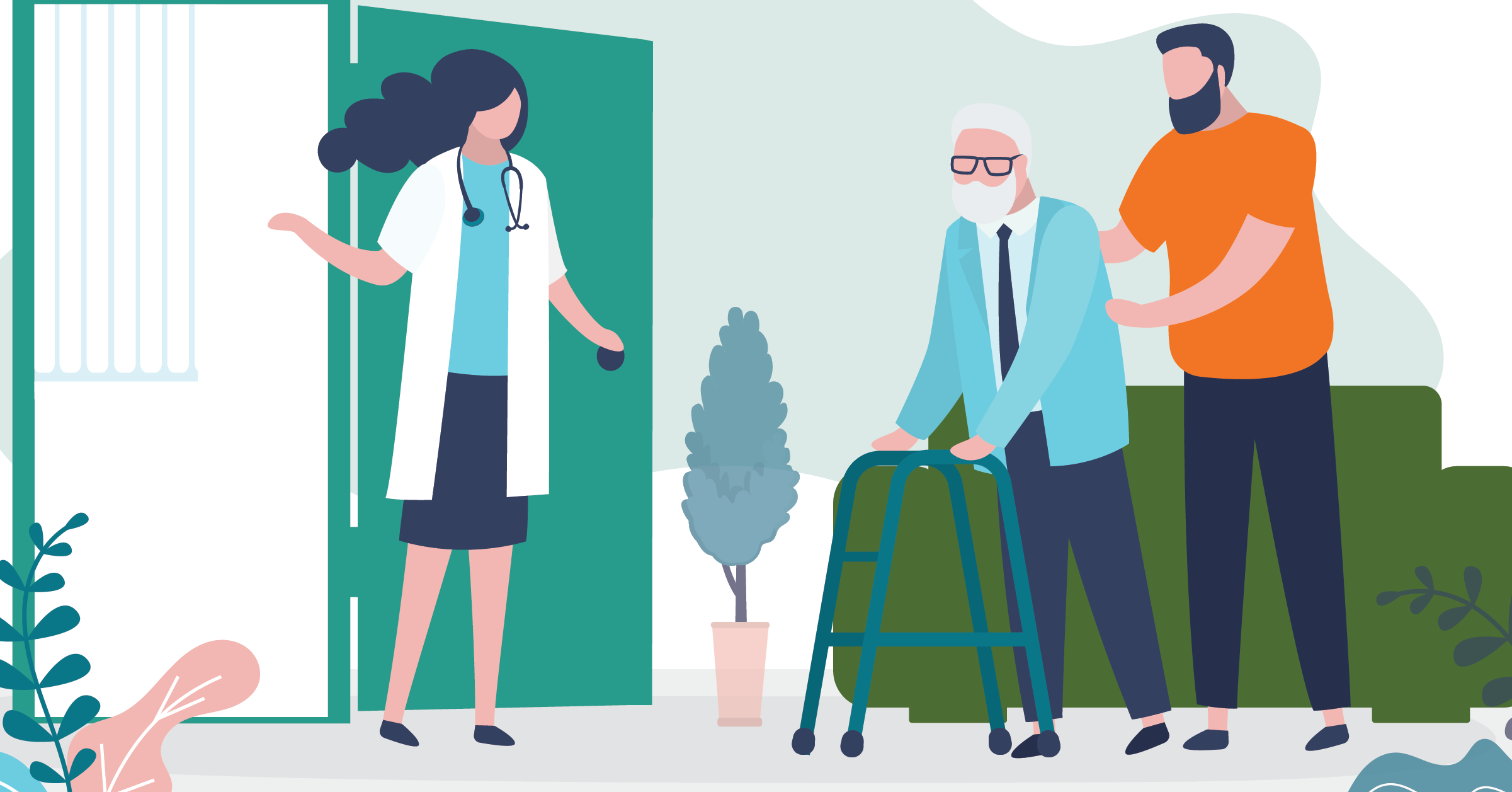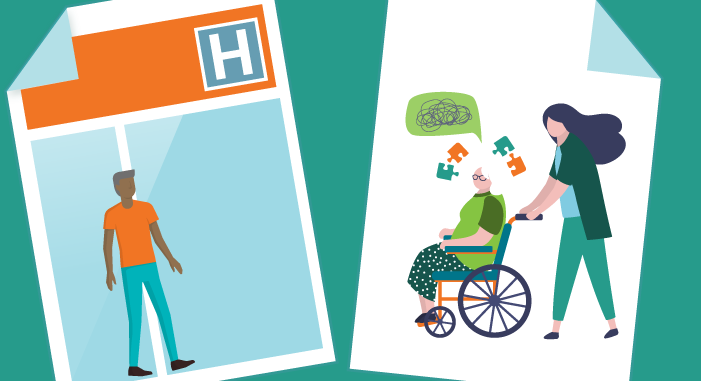
Emergency Department Care Transitions for Patients With Cognitive Impairment
This scoping review examines the literature on care transition interventions for patients with cognitive impairment receiving ED care and what measures of quality transitions are important for older
adults with impaired cognition and their care partners

